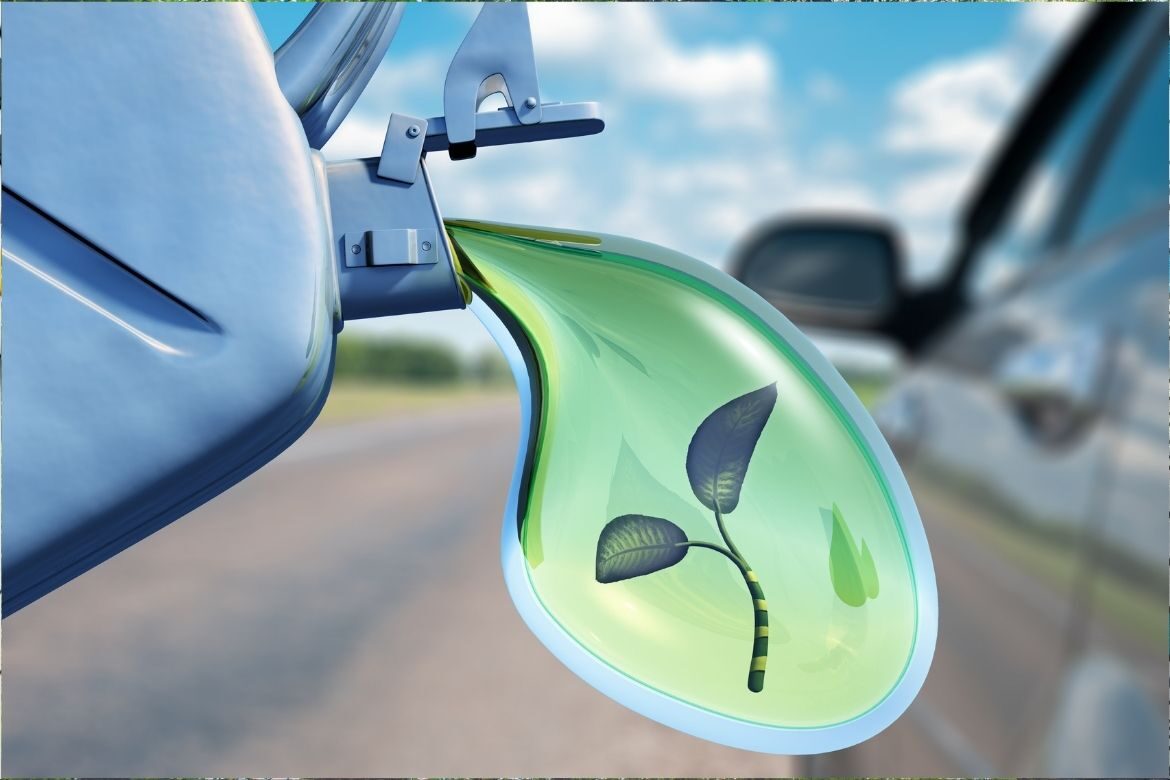Farmers in Ireland must change methods substantially by 2032 if the country is to reduce its national emissions from 35.4%. A recent Environmental Protection Agency report on CO2 emissions on the island states that while the focus is on reducing transport emissions, these are 15% lower than those of agriculture.
A potential solution lies in the sectors joining forces to create biofuels. The Organisation for Economic Co-operation and Development (OECD) defines these as “liquid, solid, or gaseous fuel produced by conversion of biomass such as bioethanol from sugar cane or corn, charcoal or woodchips, and biogas from anaerobic decomposition of wastes”. EU regulations already require a certain amount of biofuels in regular pump petrol and diesel. Therefore, all unleaded petrol sold in Ireland contains 5% biofuels.
According to the Irish Bioenergy Association (IrBEA), biofuels comprise 98% of the renewable energy used in Ireland. And in 2020, the resulting reduction of emissions was comparable to taking approximately 230,000 petrol cars off the road.
Ireland currently imports most of its biofuels, making only 14% in the country. And IrBEA report urges the need to become self-sufficient in producing these and to expand their use to achieve government’s desired 50% reduction in emissions by 2030.
The opportunity for the Irish farming community is not only in making the fuel itself. The industry produces the same amount of feed and fuel, using starch and sugar extracted from plants for the latter. The rest, namely protein and fibre, is used for ever-higher grades of food.
Making food and fuel from the same crops enable the farming community to diversify in terms of land management as well.

